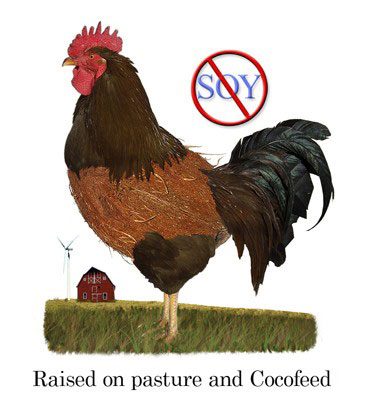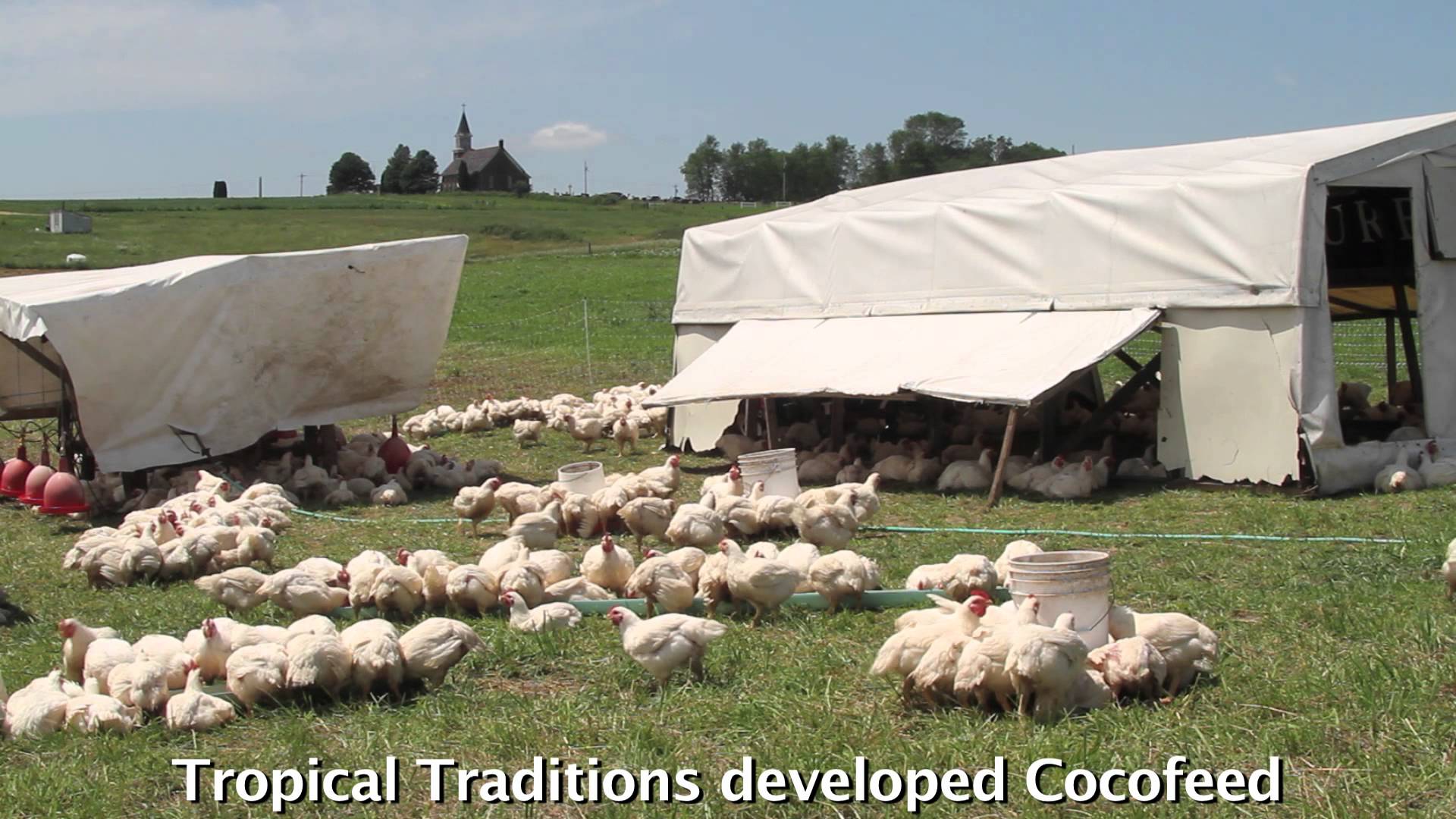Organic, Cage-Free, Free-Range or Pastured: Sorting Through the Confusion on Egg Labels
Organic, Cage-Free, Free-Range, or Pasture-Raised Eggs? Dr. Mercola does a good job of defining some of the many terms used to label and market eggs. However, not only is the amount of free-range pasture an egg-laying chicken has access to important, but the quality of their feed as well, as the feed makes up the majority of their diet, even in pasture-based operations. Tests conducted at The Ohio State University have shown that chickens fed a high concentration of soybeans, will pass on the soy protein to the egg yolks of chickens. Hence, if soy is something you are allergic to or trying to avoid in your diet, you may not even realize that you are getting soy protein from your eggs – even organic pastured eggs!





